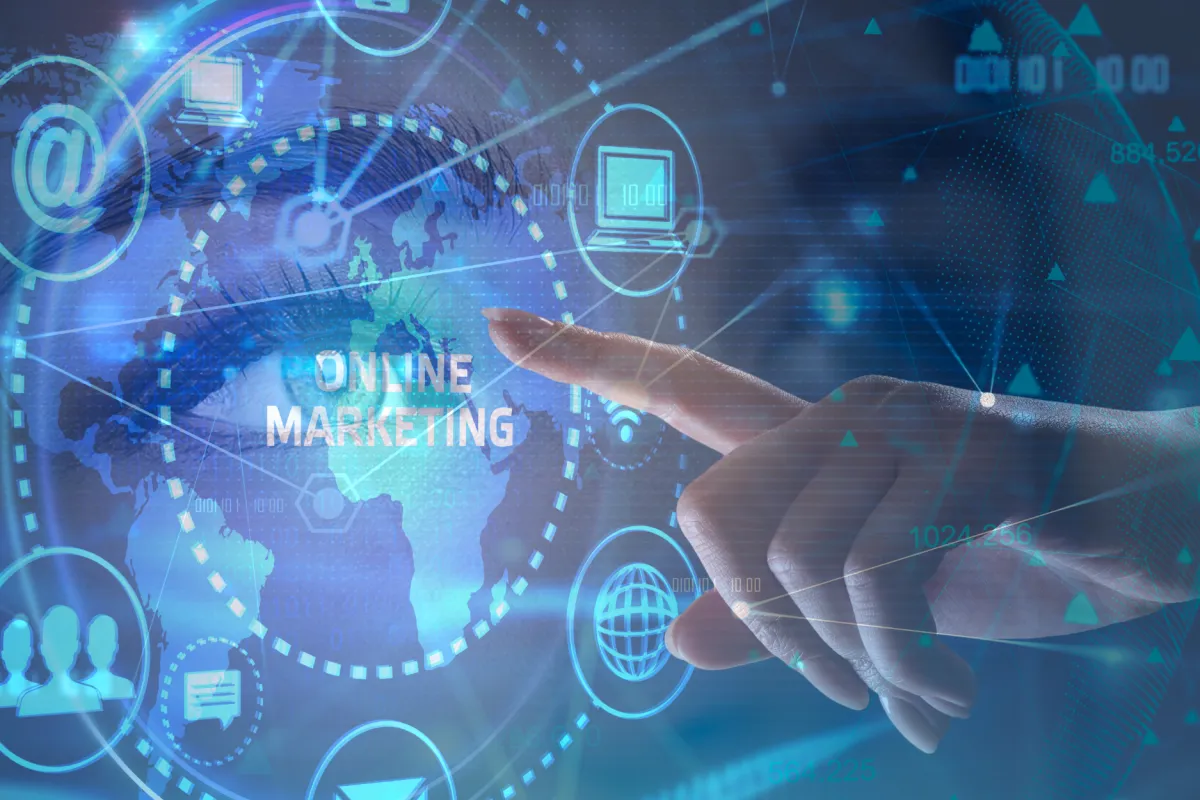
AI-Driven Marketing Strategies to Grow Your Business
Today’s customers expect relevance, speed, and personalization. AI makes that possible — even for small businesses. Discover how AI-powered marketing tools can help you attract more leads, build stronger relationships, and boost your ROI without needing a large team.
Why AI Matters in Modern Marketing
Traditional marketing can’t keep up with evolving customer expectations. Artificial Intelligence (AI) offers small businesses a way to:
Personalize content
Predict buyer behavior
Automate routine tasks
Gain data-driven insights
That’s not hype — it’s how SMBs are staying competitive and growing faster.
What Is AI-Driven Marketing (And Why Should You Care)?
AI-driven marketing uses tools like machine learning and real-time analytics to improve the performance and targeting of your campaigns.
Benefits:
Personalization – Deliver content tailored to each customer
Predictive Analytics – Forecast behavior and trends
Automation – Save time on repetitive work
Insights – Make smarter, faster decisions
You don’t need a big team or budget. You need the right tools and strategy.
1. Personalize Customer Experiences at Scale
AI helps you connect with customers in a way that feels 1-on-1 — even if you’re running the show solo.
Tools That Help:
Segment, ActiveCampaign – AI-powered audience segmentation
Dynamic Yield – Personalized website experiences
Shopify AI – Product recommendations based on user behavior
Example:
Amazon’s success with product suggestions can be replicated on a smaller scale using AI plugins available on platforms like Shopify or BigCommerce.
2. Automate Campaigns and Save Time
Marketing automation powered by AI removes the guesswork and grunt work.
What You Can Automate:
Email Sequences – Mailchimp, ActiveCampaign
Social Posting – Buffer, Hootsuite
Ad Optimization – Google Ads Smart Bidding
Pro Tip: Start small — automate one process (e.g., abandoned cart emails) and expand once you see results.
3. Use Predictive Analytics to Forecast and Improve Results
AI helps you look into the future — based on real data.
Key Uses:
CLV Prediction – Anticipate lifetime value of customers
Churn Detection – Identify at-risk customers before you lose them
Campaign Forecasting – Tools like Marketo help predict performance
Mini Case Study:
A local restaurant chain used AI to identify slow days and ran promotions accordingly — increasing weekday traffic by 20%.
4. Add AI Chatbots to Capture and Convert Leads
Chatbots aren't just for customer support — they’re 24/7 sales assistants.
Use Cases:
Lead Qualification – Gather data from site visitors
Product Recommendations – Guide users down the funnel
Instant FAQs – Reduce support time
Tools to Try:
Drift – Advanced conversational AI
Intercom – Messaging + automation
Tidio – Budget-friendly and fast to set up
Real SMBs Growing With AI Marketing
Blooming Petals Florist
Used AI email tools to suggest products around holidays.
40% higher open rates, 25% more repeat orders
TechieHub IT Solutions
Automated intake using a chatbot.
50% drop in wait time, faster lead qualification
FoodiePal (Restaurant)
Used AI sentiment analysis to find weak menu areas.
30% boost in breakfast sales after targeted campaigns
Overcoming Common Challenges
Data Privacy Concerns
Use AI platforms that comply with GDPR, CCPA, or HIPAA if needed.
Choosing the Right Tools
Start with tools made for small businesses — look for easy UI and good support.
Team Adoption
Provide short training sessions and resources when introducing new tools.
Measuring ROI
Use dashboards and analytics to track campaign performance and tool effectiveness.
Start Small, Win Big with AI Marketing
AI is not a “nice-to-have” anymore — it’s a competitive edge.
By automating your marketing, predicting outcomes, and personalizing interactions, you’ll:
Save time
Engage your audience
Grow your sales
Book Your Free AI Marketing Assessment
Let us help you identify the right tools and strategies — tailored for your business, your goals, and your budget.